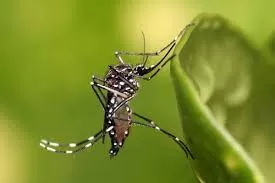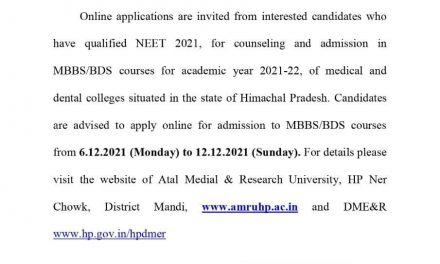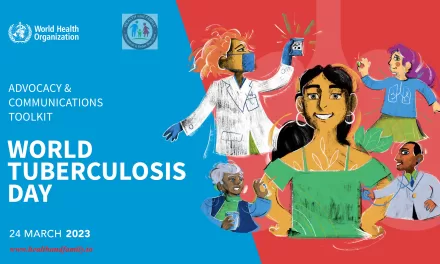On August 20, 1897, Sir Ronald Ross, a British doctor, made a discovery that would change the course of medical history. He identified the malaria parasite in the stomach of a female Anopheles mosquito, providing the first conclusive evidence that mosquitoes were responsible for transmitting malaria between humans. This groundbreaking discovery laid the foundation for understanding and combating mosquito-borne diseases, leading to the establishment of World Mosquito Day (WMD) as a day to commemorate this pivotal moment in history and to raise awareness of the dangers posed by these tiny but deadly creatures.
Today, more than 125 years later, the fight against mosquito-borne diseases remains a critical global health challenge. Mosquitoes are responsible for the transmission of some of the world’s deadliest diseases, including malaria, dengue, Zika, and chikungunya. These diseases kill more than one million people and infect up to 700 million each year—nearly one in ten people worldwide.
2024: A Record-Breaking Year for Dengue
The year 2024 has proven to be the worst on record for dengue fever, the fastest-spreading mosquito-borne disease in the world. With more than 11 million cases reported across 80 countries, dengue continues to wreak havoc on public health systems globally. The Americas have been hit the hardest, accounting for the majority of cases. By the end of July, over 24,000 severe cases had been reported, and more than 6,500 people had lost their lives to the disease.
Dengue’s relentless spread underscores the urgent need for effective prevention and control measures. The high mortality rate associated with severe dengue, often called dengue hemorrhagic fever, highlights the critical importance of timely medical intervention and public health preparedness. Unfortunately, many regions, particularly in low- and middle-income countries, struggle to cope with the overwhelming number of cases, leading to devastating outcomes.
The Rising Threat of Chikungunya and Zika
In addition to dengue, chikungunya and Zika viruses continue to pose significant public health threats. Chikungunya cases have surged past 350,000 globally in 2024, further straining healthcare systems already grappling with the dengue crisis. The debilitating joint pain caused by chikungunya often leaves patients suffering long after the initial infection, impacting their quality of life and ability to work.
Zika, another mosquito-borne virus, has also seen a resurgence, with nearly 7,000 cases reported by the end of May, according to the European Centre for Disease Prevention and Control. The Zika virus, which gained global attention in 2015-2016 due to its association with birth defects, particularly microcephaly, remains a cause for concern as it continues to circulate in regions prone to mosquito infestations.
A Call to Action
As we mark World Mosquito Day 2024, the global community is reminded of the ongoing battle against mosquito-borne diseases and the need for concerted efforts to mitigate their impact. Governments, health organizations, and communities must work together to strengthen surveillance, enhance vector control strategies, and promote public awareness of preventive measures.
Investments in research and development of vaccines, diagnostic tools, and innovative vector control technologies are essential to reducing the burden of these diseases. Public health campaigns that educate communities on the importance of eliminating mosquito breeding sites, using insect repellent, and seeking medical attention at the first signs of illness can also play a crucial role in preventing the spread of mosquito-borne diseases.
World Mosquito Day 2024 is not just a day of remembrance; it is a call to action. The global community must unite in the fight against the fear and suffering caused by mosquito-borne diseases. By raising awareness, supporting research, and implementing effective control measures, we can work towards creating a world where the threat of these diseases is significantly reduced, if not eliminated altogether.












